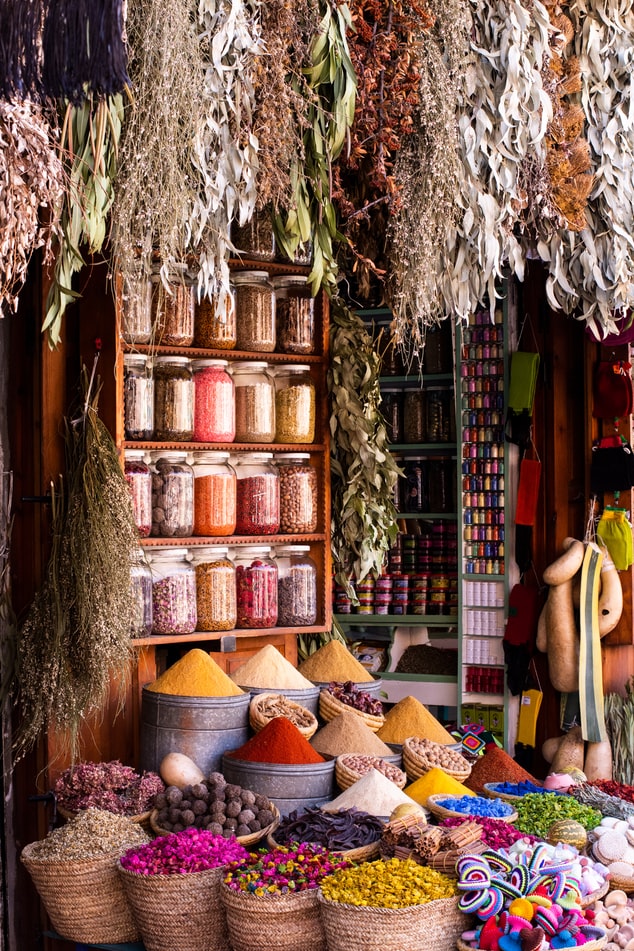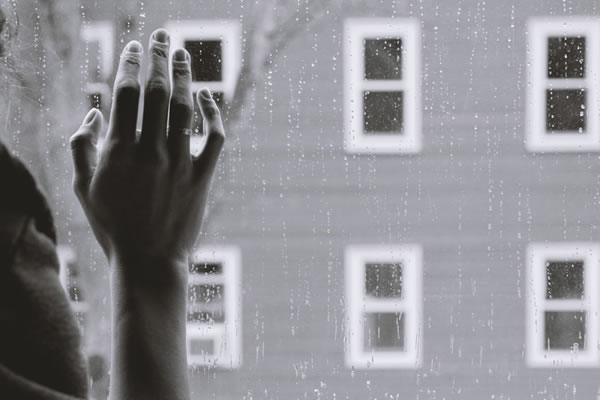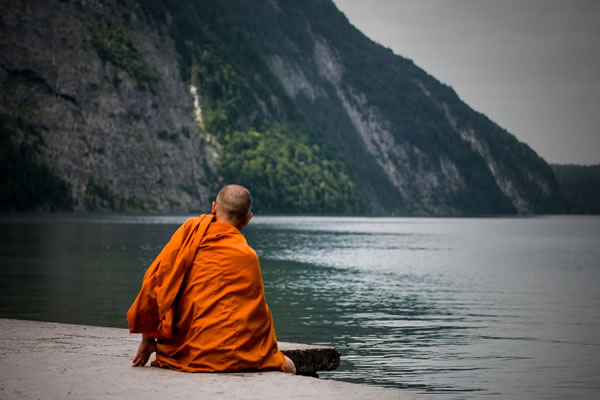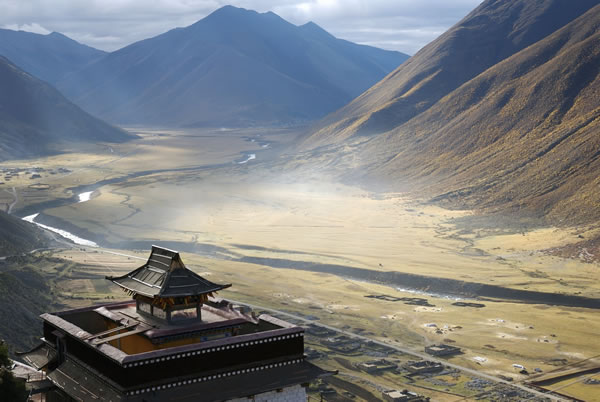
The importance of sensory experience is much researched. Sensory play is an essential element in early years education, and young classes are often taken out to explore nature by touch, smell, sight, sound and taste. This helps them to develop the senses we all automatically use to understand the world around us, helps them to develop specific interests (perhaps nurturing a future love of cookery, or gardening).
Sensory experiences aren’t just fun for children however. In 2004, Edouard de Broglie, a French entrepreneur founded a restaurant named ‘Dans Le Noir’. This became the first in a chain of restaurants where guests are served in complete darkness by Blind or visually impaired waitstaff.
Dans Le Noir claimed that by limiting the sense of sight, other senses are intensified. Without being able to rely on one of their primary senses, patrons are forced to explore their table and surroundings by touch. They have to smell and taste their food to identify the flavours, and they have to listen closely to their dining partners and waiter.
This model has proved popular, and Dans Le Noir has diversified its activities into shops and spas as well. So, it got us thinking that discovering new place or revisiting places we’d been before could also become an entirely sensory experience.
Scent is one of the most powerful and evocative of our senses. A whiff of a perfume you first wore on holiday, or the tang of spices you discovered in a Moroccan medina will instantly transport you back to that location.
Taste is equally powerful. One of my team recently tried her hand at a Georgian Chakhokhbili – an aromatic chicken stew. He reported being instantly transported back to sitting in a garden in the snowy mountains, using flat bread to scoop up the flavoursome stew from a clay pot. The memories became so much more substantial with the sensory prompt of taste.
By using our senses to best explore our surroundings, we can produce more tangible and lasting memories. Simply walking through a Thai market won’t generate the same memories as if you taste a mango, smell the lemongrass, run your fingers across a rambutan and listen to the hubbub of people haggling and advertising wares.
During this period of time where we’re all grounded and unable to travel, we can start experiencing our local areas in a new, sensory way. The idea is to open up your home or neighbourhood in a new way. Smell, see and hear things that you may not have experienced in that way before, and then perhaps apply this idea to your future travels.
If with a little practice at home you are able to hone your senses in your neighbourhood, then just imagine how much more substantial your future holiday memories could be. Picture travelling to Fez, Kathmandu or Paris and spending a day exploring the city with more than just your eyes, but incorporating all of your other, recently finely-tuned senses.
Relying on your senses can also make you more adventurous. A blind client in an expedition led by our founder, was consistently the most adventurous and one of the most willing to explore and devour his surroundings. He wasn’t perturbed by the overload of visual, olfactory and auditory stimuli that his companions were experiencing, as he was very well acclimated to navigating strange surroundings using of his senses. To him, the world was just as navigable, (if not more) than it was back at home, yet the rest of his friends were suddenly having to learn to filter the vast information they were receiving.
What could we learn from how that gentleman navigated his travels?
We can learn that to get the most out of a situation, we should trust our senses and hone them, in the same way you’d practice any other skill. You might have 20/20 vision but guaranteed you won’t be as quick at spotting animals as your guide as you trek through the Amazon jungle. The key factor is practice.
Have you ever attempted to make breakfast with your eyes closed? Why not focus on putting together a meal based on how the ingredients smell and feel, rather than automatically making an old favourite. Use sound to navigate around your home – can you hear the fridge humming, or the birds through the open bedroom window? Could you accurately describe the different scents in each of the rooms in your house? Could you guess where you are in your neighbourhood by the smells coming from each street? Try it? Or commission to us to create a sensory deprivation or exploration experience in Paris, Fez, Hanoi or Fes.
When you’re deprived of one of your senses, your other senses will become more acute to deal with the loss. We can play with that natural reaction to experience things in a new way. Why not try watching a movie you know well, but switch on audio-descriptions? You may have seen that film time and time again, but you probably haven’t experienced it like this.
Here in the WHERETOWHY area of our website you can also find our Brown + Hudson Spotify travel playlist, where we have collated a selection of some of our favourite tracks that remind us of travelling. We have an eclectic mix, ranging from inspiring classical performances, to Indian sitar remixes. What songs remind you of your travels? Perhaps now is a good time to put together a playlist of your own to transport you back there.
We also have some of our favourite recipes from our travels, so perhaps it’s worth trying your hand at one of those, or a different recipe inspired by one of your happiest travel memories.
For most people, travelling is about experiencing new things, so make sure you keep exploring, experiencing the world around you through your senses even while you’re unable to go abroad. The experiences we create begin before our clients even travel, whilst they are in-country and also long after they return home.
Elsewhere we’ve written about the happiness that we can generate using the anticipation phase of travel before we leave home. Well, long after we return home we can also prolong our enjoyment and anchor our memories by connecting them to our senses. Completely free of charge, before and after, we can develop richer travel experiences, and longer lasting memories.




